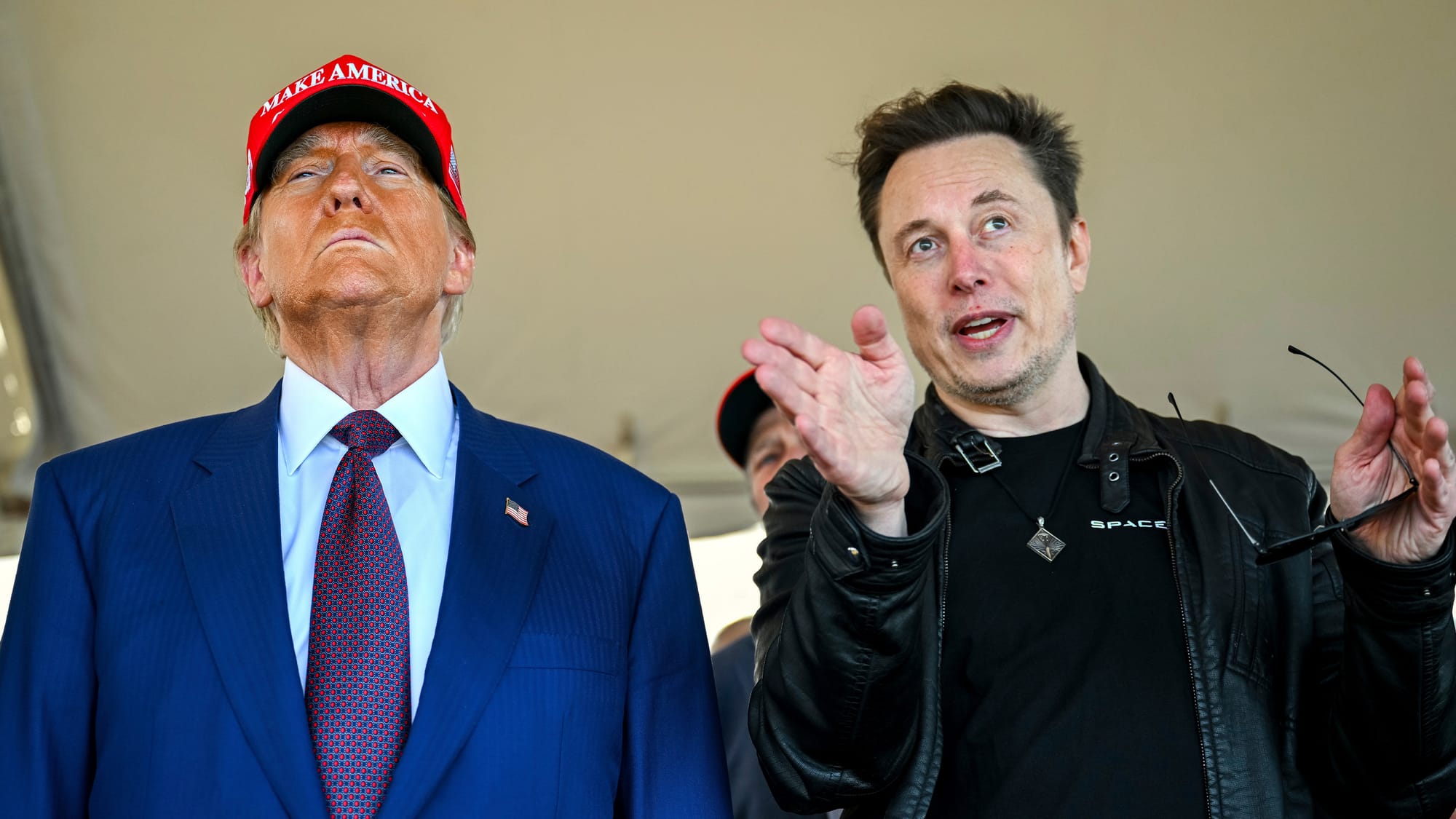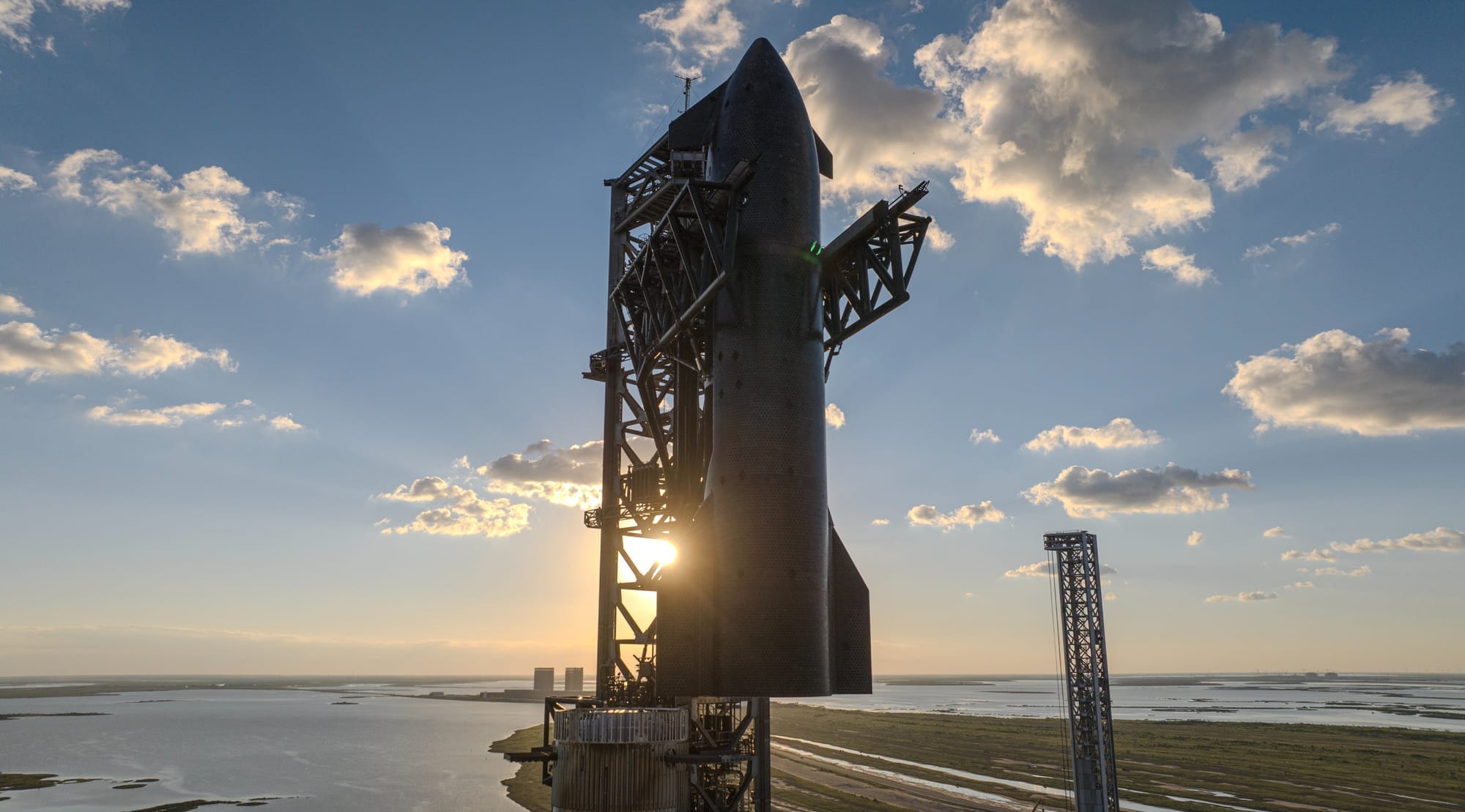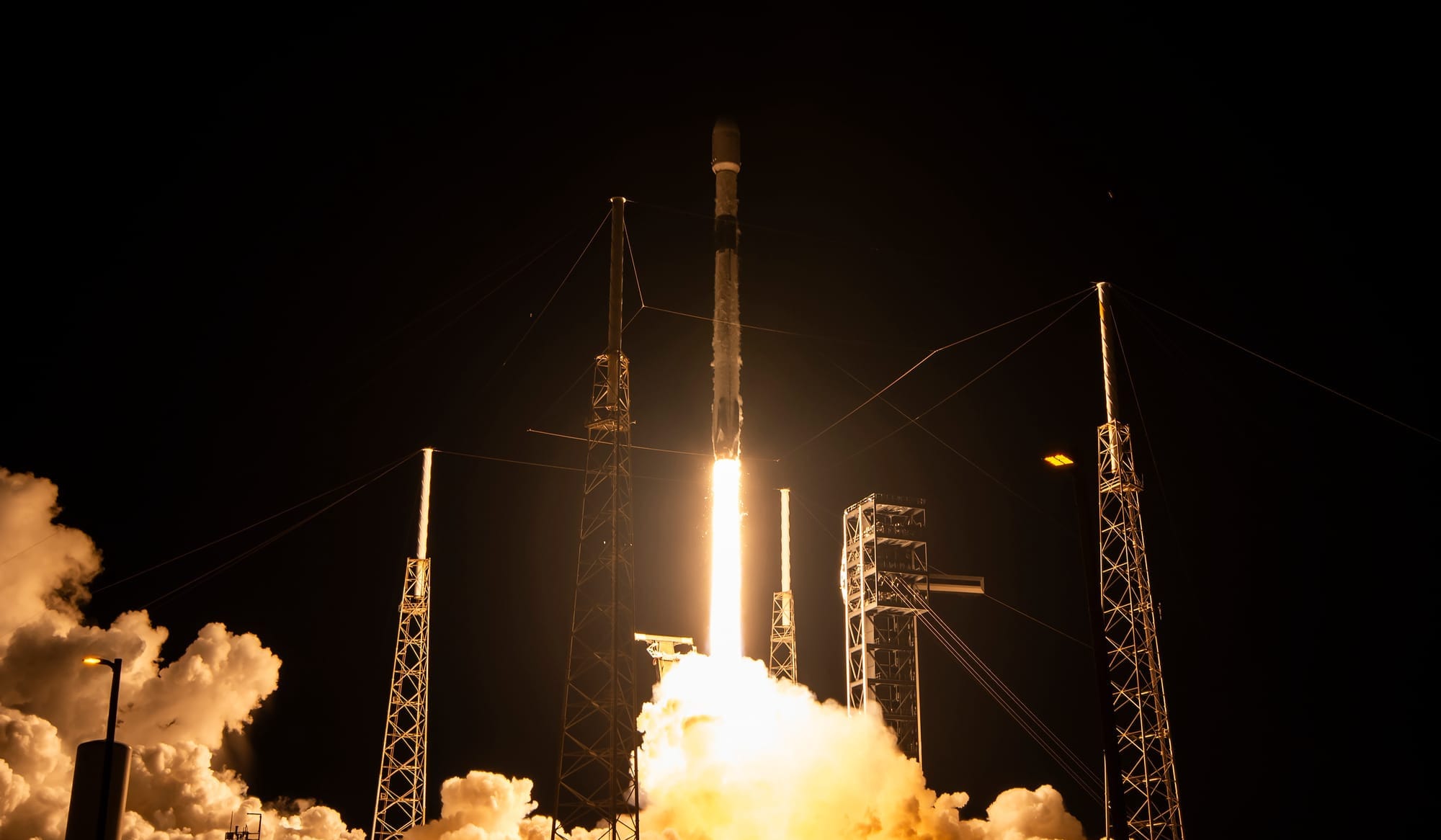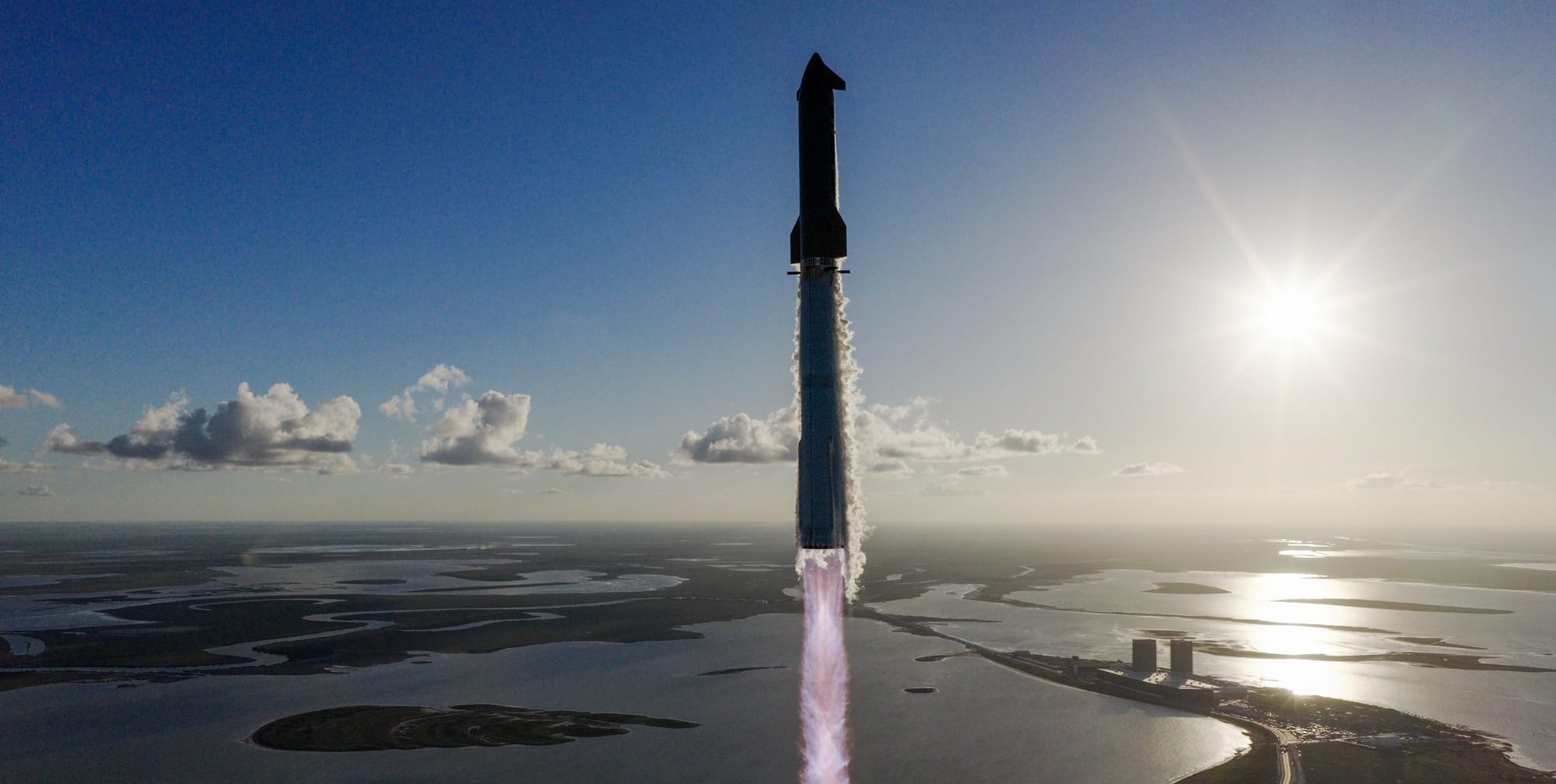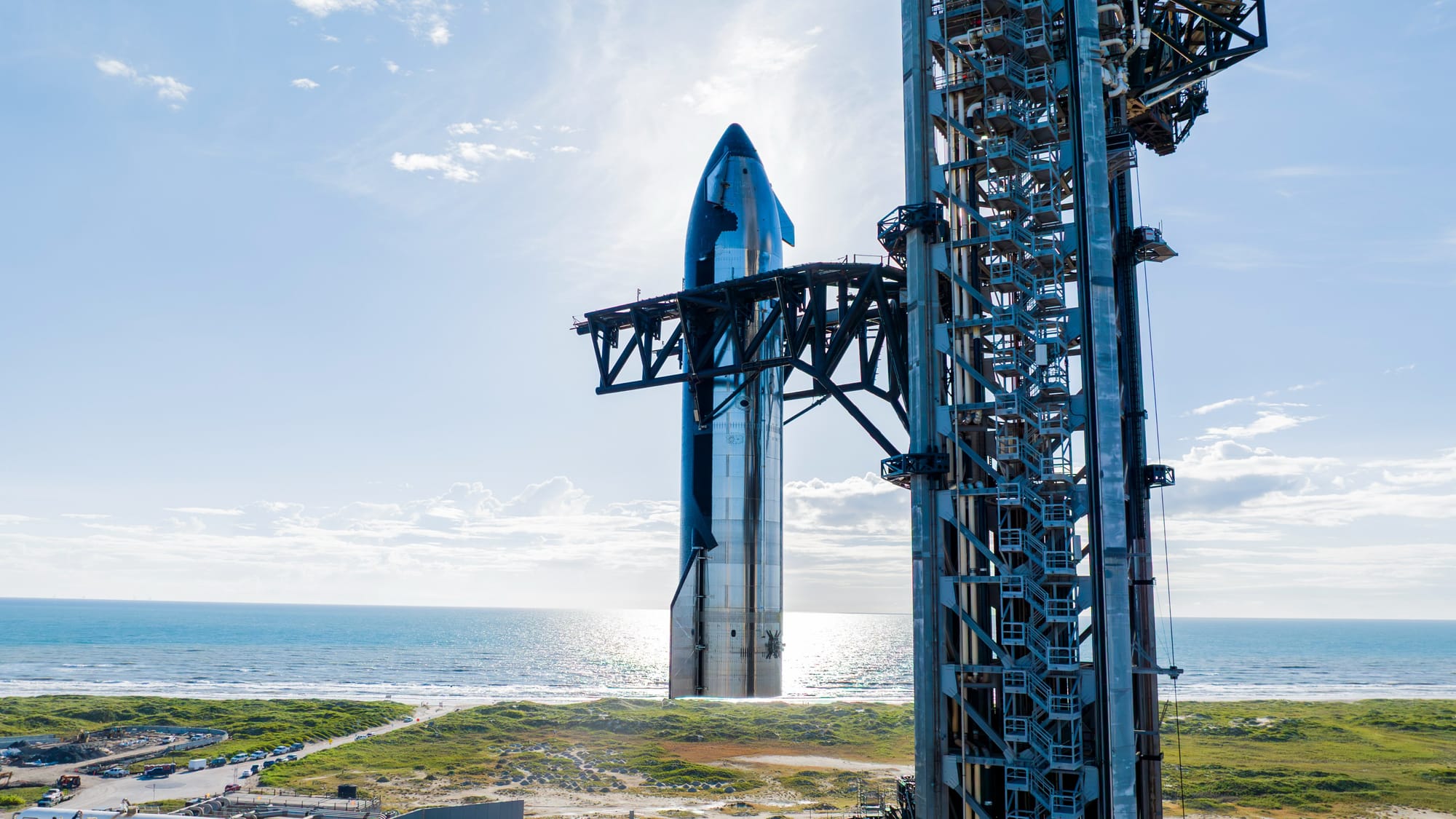Table of Contents
Elon Musk, the billionaire head of SpaceX, annouced recently that he will become less involved with politics following around a year long effort to have Trump returned to the White House. This effort has cost him almost 300 million United States Dollars during the election campaign, and an additional 25 million in Wisconsin for its Supreme Court election. Musk's reasoning for cutting back?
"I think I've done enough."
It's not clear what Musk considers 'enough' to be, following the 'Department of Government Efficiency's' failure to save 2 trillion dollars per year, and with the debt raised by another 4 trillion. But 'enough' may be policies that have benefited Musk's companies, including SpaceX.
Following the announcement of sweeping tariffs from the Trump Administration, and with Musk's closeness to the administration, a handful of countries quickly cozied up to SpaceX. One nation was the small African nation of Lesotho, hit with 50 percent tariffs, which quickly approved services of the Starlink constellation with a decade-long license. The granting of Starlink's license was not part of a wider agreement with the U.S., but instead to build goodwill with the administration. Another nation was India, with a population of 1.4 billion people and thus a massive potential market. Pakistan and Bangladesh also approved a license for Starlink, with Vietnam removing a rule until 2030 that requires SpaceX to partner with a local company. Across more of Africa too, Starlink is entering new nations markets, with aggressive support from the U.S. State Department. All of these nations have granted licenses for the same reason as Lesotho: to build goodwill with Trump and his allies.
Related to Starlink's push aboard with the Trump Administration, the constellation is reported to be replacing the Federal Aviation Administration's communications systems. Officials have suggested that Starlink will be used in the short term, but that remains to be seen.
Alongside benefits from tariffs, there's also the 'Golden Dome' pipe dream, which will cost anywhere between 175 to 542 billion dollars if not more. SpaceX has reportedly emerged as a frontrunner for 'Golden Dome', utilizing its Starlink and Starshield constellations to support a new constellation solely tracking missiles and hosting weapon systems. Criticism of 'Golden Dome' has been aplenty from both inside the U.S. and abroad, with Chinese Foreign Ministry Spokesperson Mao Ning noting that the project was a gross violation of the Outer Space Treaty, which the U.S. spearheaded the creation of.
Meanwhile at NASA, Trump is looking to cut back on billions for scientific programs in order to allocate money towards a crewed Mars mission. Trump notably endorsed the idea during his inauguration speech, but has no clue how to go about it. This would likely end up with SpaceX being the sole or major contracted enterprise to put a few people on Mars. In favour of this, SpaceX will have two stronger supporters, in NASA's Administrator and Chief Financial Officer, who will move in benefit of the company.
With new contracts flowing SpaceX's way from the Trump Administration, the company stands to receive billions more dollars in government funds.
Not all easy business
Despite the new money coming from the U.S. government, Trump's policies are hurting SpaceX's commercial customers. The tariffs in early April hit everything, including satellites headed to space atop of Falcon 9. One customer, Canada-based satellite startup Galaxia, got hit with a 25 percent duty to send its spacecraft to SpaceX for a launch in June. While not disclosing the cost, Galaxia chose to absorb the cost for one satellite while considering options for the future.
Additionally, due to Musk's support of Trump's rhetoric toward Canada and Mexico has led to the company losing a 100 million dollar contract in Ontario and potentially billions in investment from Mexican billionaire Carlos Slim.

